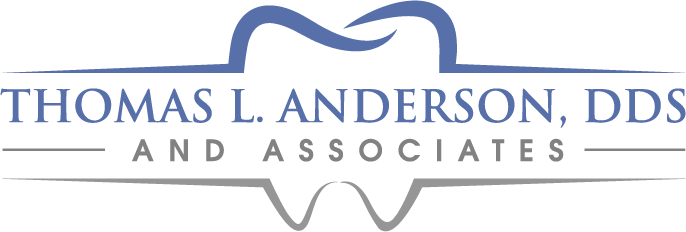Level Up Your Oral Care Routine: Replace Your Toothbrush!

Should You Replace Your Toothbrush?
We talk a lot about the importance of good oral health and that includes brushing, flossing, and seeing your dentist on the regular. Let’s take a deeper dive into brushing, more specifically, the tool you’re using to brush those pearly whites. You might ask yourself, “when’s the last time I changed out my toothbrush?” We often throw away old food, donate clothes, replace beauty products, etc., but adding a change into your routine to replace your toothbrush will have a bigger affect than you might think.
Related Article from The ADA: 8 bad brushing habits to break in 2022
When to Make the Change
According to the American Dental Association (ADA), it’s recommended to replace your toothbrush (or brush head on an electric toothbrush) every three months – that’s right, toothbrushes have a shelf life of only three months. The longer you use a toothbrush, the less effective it is. Normal wear and tear from brushing break down the bristles and won’t remove plaque and bacteria very well. Here’s a few other things to consider:
- Germs build up in toothbrushes
- If you’ve been sick, replace your toothbrush so you don’t risk reinfection
- Fungus and bacteria can develop – make sure to let your toothbrush dry completely after every brush and store upright and uncovered
- If the bristles look frayed, fan out, or look dark, it’s definitely time to replace
Related Article: Health Risks of Gum Disease
The Risk of Not Replacing Your Toothbrush
Let’s say the risk of bacteria, mold, and fungus aren’t enough to make you replace your toothbrush, there are also numerous other risks to not replacing.
- Gum Damage: Old toothbrushes don’t clean gums well, leading to a higher risk of gum disease, which, left untreated, can lead to infection and losing tooth altogether.
- Getting Sick: You can actually get sick from overused toothbrushes. Your toothbrush can grow mold or even unwanted fecal particles (if near a toilet).
We know that you’ve been brushing your teeth longer than you can remember, but are you using the Proper Brushing Technique? Review your skills by watching this short video!
What to Consider When Replacing
Feel free to ask us during your dental checkup if we have any recommendations for the best toothbrush for you. In the meantime, look for soft bristles, a head size that can touch one or two teeth at a time, and a toothpaste that contains fluoride. Also consider adding a mouthwash to your routine to further fight any bacteria and plaque, and don’t forget your favorite floss! You can also consider investing in an electric toothbrush or electric water flosser, which can improve oral health beyond regular toothbrush and floss.
Protecting Your Oral Health
By protecting the health of your teeth and gums, you can keep yourself healthier too. Practice good oral hygiene daily to prevent overgrowth of oral bacteria. This includes:
- Brushing your teeth at least twice per day
- Floss daily to remove plaque between teeth
- Limit sugary snacks, which can feed bacteria and increase their growth
- Avoid tobacco use, as this can cause irritation in your gums
- Replace your toothbrush every three or four months
Prevention is Key and WE Can Help!
The best way to prevent tooth decay and gum disease is to follow a program of good oral hygiene, one that you begin early and practice consistently throughout life.
- Good oral hygiene. That means brushing your teeth for two minutes at least twice daily — in the morning and before going to bed — and flossing at least once a day. Flossing before you brush allows you to clean away the loosened food particles and bacteria. Good oral hygiene prevents the development of an environment around your teeth that is favorable to specific bacteria that cause periodontal disease.
- Regular dental visits. See your dentist or dental hygienist regularly for cleanings, usually every six to 12 months. If you have risk factors that increase your chance of developing gum disease — such as having dry mouth, taking certain medications or smoking — you may need professional cleaning more often.
If you notice a problem with your teeth or gums, call for an appointment right away. The sooner these are handled, the sooner you will be back to full health. Our highly skilled and gentle dentists provide general and family dentistry in the Kansas City area to keep our patients healthy – including healthy teeth, healthy gums, and a healthy body. Time for your checkup? Call to schedule today and remember to replace your toothbrush!
Contact us today to schedule your dental appointment and meet with our skilled dentists at one of our three conveniently located dental office locations within the Kansas City area, including Lee’s Summit / Independence, the Country Club Plaza and Downtown Kansas City. The gentle dentists and expert team at Thomas L. Anderson and Associates look forward to working with you to treat your dental emergency, achieve proper oral health and a beautiful smile that will last a lifetime. If you have any questions about your dental insurance benefits, please do not hesitate to contact us. We are happy to review your policy! Please give us a call today to schedule an appointment and become part of our dental family.
